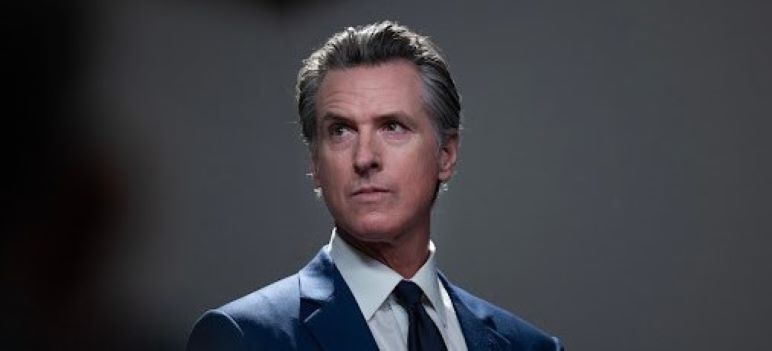With Saturday’s deadline looming to pass the last flurry of bills before adjourning, legislators can see the finish line. But they might have more work ahead: Gov. Gavin Newsom is considering calling a special session to push legislation on gas prices and oil regulations.
The idea, which Newsom discussed with legislative leaders in private meetings this week, is receiving resistance from some Democrats. Today, Senate Democratic leader Mike McGuire went public with his objections: “The Senate will not support convening a special session this fall. Californians shouldn’t have to wait for relief at the pump and on their utility bills. Inflation has been impacting the lives of millions and waiting for a special session will only make the problem worse for working families.”
And the possibility of holding a fall session could be a negotiating tactic:
Newsom’s office told CalMatters the session won’t be necessary if lawmakers pass a proposal the governor announced earlier this month, which directs the California Energy Commission to require oil refineries to keep a minimum stock of fuel as a way to curb price spikes. The proposal is now a bill carried by Oakland Sen. Nancy Skinner and Santa Barbara Assemblymember Gregg Hart, both Democrats.
On Wednesday, the commission and its oversight group that monitors petroleum markets also urged the Legislature to require refineries to maintain reserves and “build a buffer” within existing inventory. Otherwise, officials argue, “the state will likely continue to experience a perpetual cycle of gasoline price spikes, year after year.”
In response to the possible special session, GOP Senate leader Brian Jones of San Diego called for Democratic leaders to “resist Newsom’s undemocratic threats” and for the governor to wait until December when the next session begins. Assembly Republican leader James Gallagher of Chico said he’s ready to call Newsom’s bluff and already knows the first three bills he’d introduce.
“Newsom is “scrambling to push another empty promise — one that will almost certainly raise prices and lead to gas shortages,” said Jones.
This would be the second time in two years that Newsom’s crusade against Big Oil involved a special session. In 2022, he called legislators back to look into oil company profits and suspected price gouging. Though the governor initially talked about taxing excessive oil profits, his efforts ultimately resulted in establishing the watchdog group to analyze and potentially regulate oil profits. (Still, that was enough for the governor to say that “California took on Big Oil and won.”)
For its part, the oil industry has already pushed back against imposing more rules on fuel storage. Shortly after Newsom announced his proposal, the head of Western States Petroleum Association called it “regulatory malpractice,” and argued that the Newsom administration was “desperate to demonstrate some action” from the recently formed watchdog group. The head of the American Fuel & Petrochemical Manufacturers also argued that mandating supply would “increase prices for everyone, all the time.”
Californians pay some of the highest gas prices in the nation. As of Wednesday, residents are paying $4.62 a gallon for regular unleaded, compared to the national average of $3.36.
Lynn La is a reporter with CalMatters.


What’s the problem? Don’t the oddball politicians want evil VMT to be reduced?
Higher prices or shortages from price controls will reduce VMT sooner or later.
Of course, anything risky would be done after the coming elections, most likely.